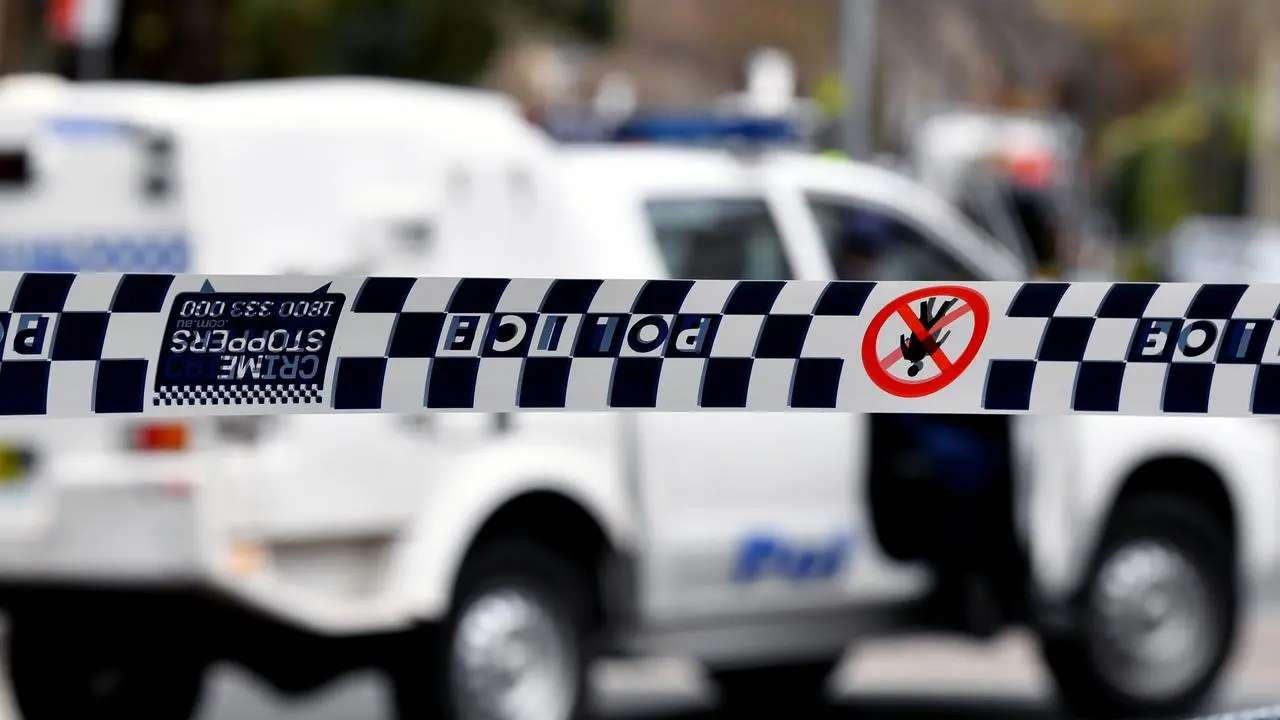A country town’s halcyon days were long gone by the time it had turned from a major inland port into a service-based rural centre.
But those services, sometimes built on fly-in-fly-out workforces, need a boost in order to address another problem, the recently retired mayor and a local community organisation have told MPs.
Visiting nurses, doctors and magistrates became victims of a crime wave that hit Bourke in northwest NSW in early 2022, prompting the local council to appeal to the state government for help.
Considerable resources have been allocated to addressing crime for years, recently retired Bourke Shire Council mayor Barry Hollman told a NSW parliamentary inquiry on Tuesday.
“A vastly different approach may be required. Solutions to date have proved ineffective,” he concluded in his submission.
Significant funding is going to government and non-government agencies, which are struggling to recruit and retain frontline staff.
Bourke also needs more youth justice caseworkers who actually live in the town in order to run round-the-clock services, Mr Hollman said.
Both property and violent crime rates were more than 50 per cent higher in regional NSW than in Sydney in 2023, according to NSW Bureau of Crime Statistics and Research.
Alister Ferguson, the executive director of justice initiative Maranguka Community Hub, said effective measures would require understanding the region’s significant populations of Indigenous and young people.
About 30 per cent of Bourke’s population is Indigenous and a similar proportion of the shire’s population is aged under 24, based on 2021 census data.
In addition to the impacts of the COVID-19 pandemic and cost-of-living pressures, the voice referendum left many Indigenous young people feeling re-traumatised and rejected by society, Mr Ferguson said in his submission.
More community support needs to address the area’s socio-economic disadvantages and target the root causes of crime.
Higher salaries, subsidies and relocation allowances for police and support service workers could help address persistent staffing shortages, Mr Ferguson said.
Maranguka focuses on re-allocating resources from reactive criminal justice responses to proactive prevention and intervention programs to keep young people engaged in education and employment.
Mr Hollman said the program had a positive impact with a resulting reduction in crime since it began in 2013.
He invited state parliamentarians to visit and gauge the impact of crime in Bourke and other communities, encouraging them to meet with Mr Ferguson, who is scheduled to appear before the inquiry on Tuesday.
Representatives from Bourke and other nearby councils, youth justice caseworkers and the manager of the town’s Police Citizens Youth Club are also due to appear.
But Mr Ferguson warned against continuing a “cycle of re-inventing the wheel”.
“The government has had many recommendations put forward through previous investigations of related matters,” he said.
“Without actioning these first, this cycle … continues to be inefficient and disrespectful towards those who have contributed to them in the past.”
Parliamentarians will be in Bourke for the public hearing on community safety before a similar hearing in Broken Hill, in the state’s far west, on Wednesday.
Don’t miss any of the important stories from around the region. Subscribe to our email list.

